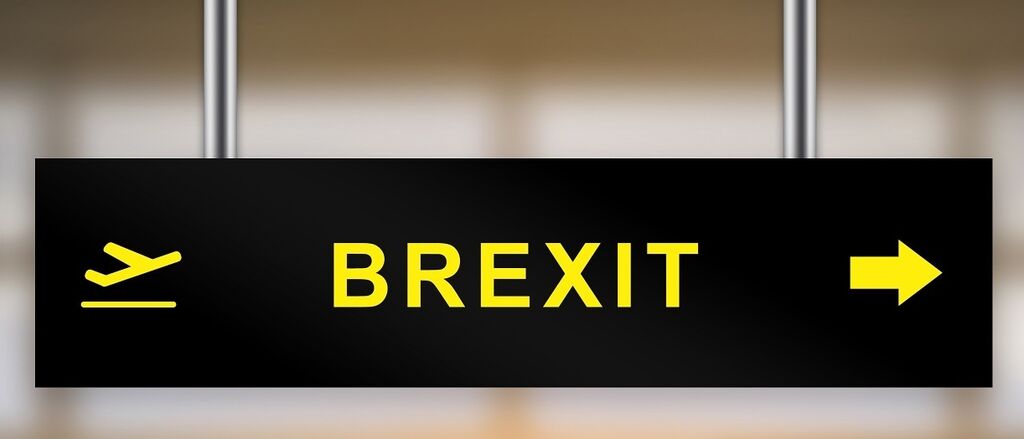
BREXIT update
Thursday, September 22, 2016
Three months on from the day the UK majority decided it no longer wanted to be a part of the European Union, Flight-Delayed.co.uk wanted to look at what has happened so far, to see if the result has caused more than just a bit of early turbulence for UK airlines.
What has happened so far:
Here is a quick recap of what has happened since that fateful evening in June 2016.
1 - UK voted to leave the EU
2 - Airlines reacted in a panic
3 - Sterling dropped to record low levels
4.- UK Prime Minister resigns
5 - The world kept turning
Talk of what Brexit actually means has been on-going and will continue going on for some time to come.
For the air travel industry, only time will tell what is going to happen in wake of Brexit.
In terms of operating procedure, little has changed for the airlines and the negotiations of Britain's position on International traffic rights will hold sway.
Some airlines have already begun posturing towards what the future may look like. Ryanair has announced that all 50 of its new aircraft will be based outside of the UK. easyJet has also gone on record to state that any repairs to their fleet will be done in Malta. There was an immediate talk, after the result, that easyJet would move its headquarters outside of the EU. It currently bases its fleet at Luton and has done so since the company's inception.Therefore, such a move would shake the foundations of what the budget airline has been built on.
As a precaution, most airlines, that rely on the UK as a gateway to the wider world, have already announced that investment in Britain would be put on the back burner, until the reality of what Brexit looks like, has come to life.
In the same breath, Ryanair stated that if the Scottish Government were to implement plans to scrap Air passenger duty; the airline would invest, ‘the following day’.
That particular move could see Scotland (the majority of which voted to remain) act as a cushion for the post- Brexit fall out.
The initial reaction was one of shock. Not just for the airline industry but for the whole at large. The devaluation of the pound immediately stunned the market, with the biggest drop for sterling in decades. The full effect it has had on the airline is still unclear but it is suspected that the airlines' operating costs must have increased. This is due to the airline industry trading in Euro and US dollars, meaning UK airlines would have lost out straight away on currency exchange.
This will also affect passengers, who can expect changes in the coming year. Due to the devalued sterling, passengers will get less for their money and can expect the cost of travel to increase.
What will happen next:
The World Travel Market London will hold an event in November this year, with an esteemed panel of experts. They are convening to discuss the implications of Brexit on UK inbound and outbound travel. At this event, specialists and forecasters will make their predictions on the effects that Brexit will have.



Did you like this content ?
Thanks you made our day!
Therapy is expensive - help us be better!
Well received, thanks!